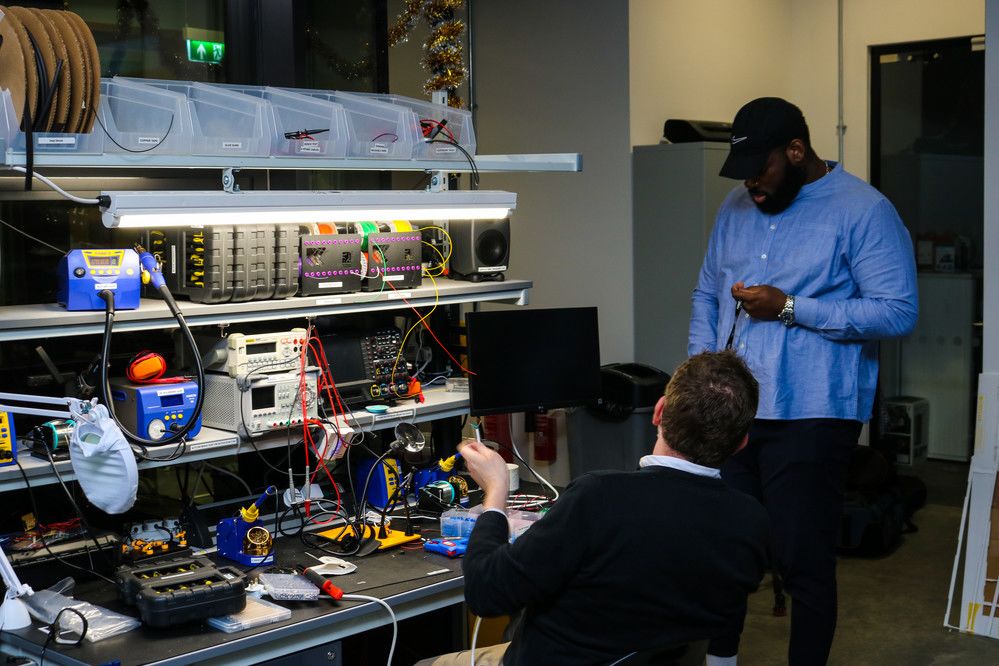New report into the future of funding for Higher Education

- Written byPress Office
- Published date 13 December 2022

We have published a new report which examines the future of higher education funding. Authored by London Economics and commissioned in Spring 2022 by UAL, it presents a range of models on what a fairer and more sustainable higher education funding system could look like.
The research serves as a starting point for a debate in the sector, about what the future of funding looks like. As the country faces the most severe economic downturn in a generation, we believe we have a responsibility to students to find a more progressive system. We are not advocating a particular position but want to bring people together to find a fairer more sustainable solution.
The report by ‘London Economics’ sets out the case for change and models some progressive options that wouldn’t cost the Exchequer any more. UAL isn’t endorsing either, but creating space for debate. By laying out these options we want to show that the problems we face are not intractable. We hope that others will come up with their own proposals, so we can assess all the available options. It’s important for the next generation that we do. — James Purnell, President and Vice-Chancellor of UAL
The research has been led Dr Gavan Conlon and Maike Halterbeck of London Economics, whose expert insights are driven by rigorous analysis of the subject matter. They have provided an in-depth review, within the parameters laid out by UAL, which focuses on two potential models to make the system more progressive. The first achieves that by reforming the loan system, and introducing a stepped repayment rate, with graduates paying back at a marginal rate of 3 per cent or 6 per cent, compared to the current 9 per cent. The second one is a graduate tax. Crucially, both would allow for the return of maintenance grants.
The research was launched today at a roundtable event hosted by the Higher Education Policy Institute and follows the Department for Education’s (DfE) long-awaited response to the Augar Review.